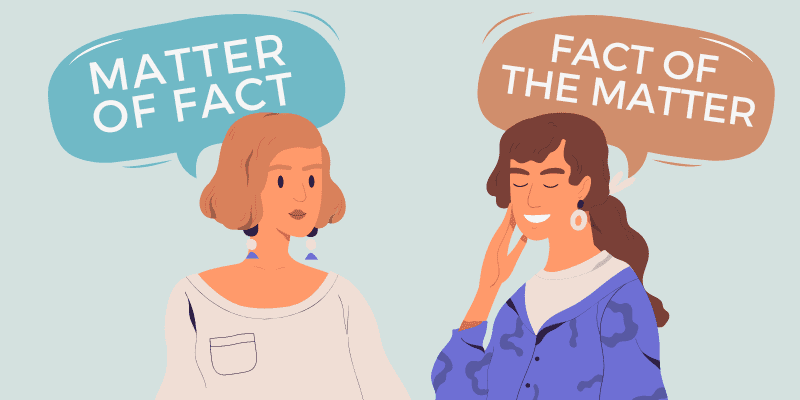Mob or demob
A mob is a big gathering of people, this group may or may not be violent or angry. The mob is an illegal organization of people that commit crimes. To mob is to have a gathering of people push toward something, surrounding it. This group may just be excited but also may have the intent to attack something. Demob is a verb, mainly used in British English as an abbreviation for demobilize. Demobilize is a verb that means to discharge or release from service in the military, or …
